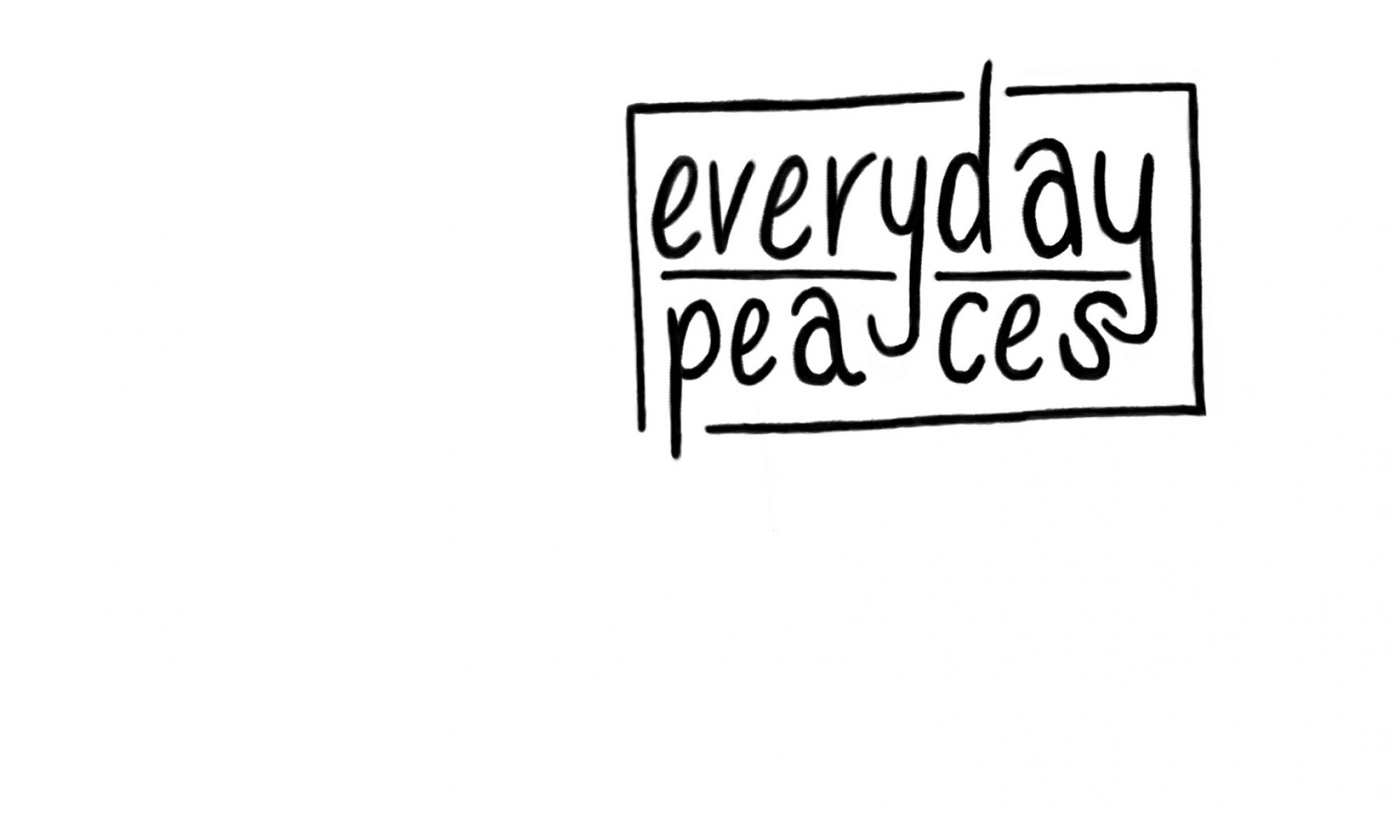If you do not belong to any group, any family, then you create a new group of friends or family. You do not have to stay alone— and also don’t have to stay as a guest.
“I was put here into school in second grade, second or third grade, I do not remember anymore, I think it was the second. And that was a radical change. Then I suddenly had again this gentleness, those kind teachers, the children that are allowed to simply laugh and talk, together… we were baking in Germany at the Schillerschule bread. The proportion of kids with a migration background was higher for us— I had Turkish friends, Italian friends, and I was only friends with other kids of guest workers. I was never friends with a German kid.”
Did you choose that, or did it happen naturally?
“That happened automatically, because we just did not belong to the rest. Small town. Back then it we were also called ‘Foreigners’ [German: Ausländer]. Well, it was actually forbidden to say that… and also the German kids have called in the break time ‘foreigners, out!’ [German: Ausländer raus]. And because of that we always sticked together, us foreigner kids.
[…]
I was never German. I’m also not German today. I was a true guest worker child, a child of foreigners. Us, all of those who are not German, but were born in Germany and have grown up there, we became our very own culture. We are not Bosnian or Turkish, Italian, it does not play a role now, we are also not German. We also fit the best… we did get along the best with each other. I was never German. Also the first years with aunt Vera it was very clear to me, that I am ‘Yugo’, that is how we were called. I really liked the German, this lightness and joyful, the dark rye bread for dinner, the beef rolls, the dogs in the house […] Aunt Ver […] was always jolly and kind and she always had time to play with me, go for a walk with me, explaining me things, feeding ducks— and they had a garden and a little pond and there we were every weekend— that was always so nice, so joyful. But I still knew that it was not my real family and that I’m a Yugo. But when I then got to Yugoslavia, there were other Yugo’s. And they were different. And that was really weird. I cannot describe it!“
